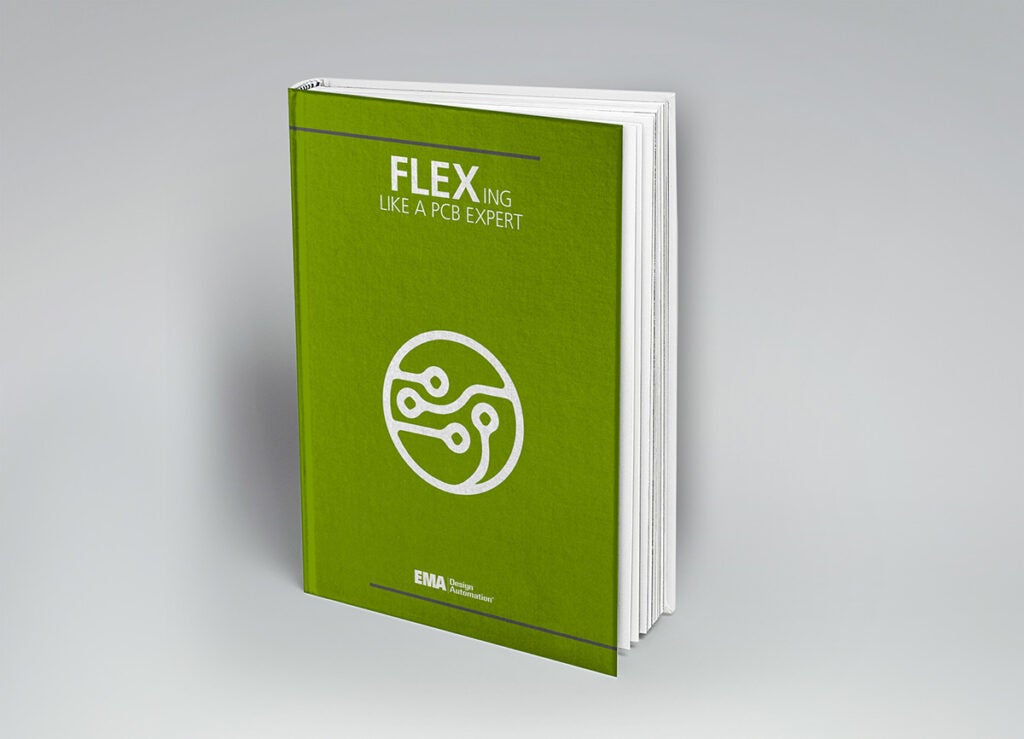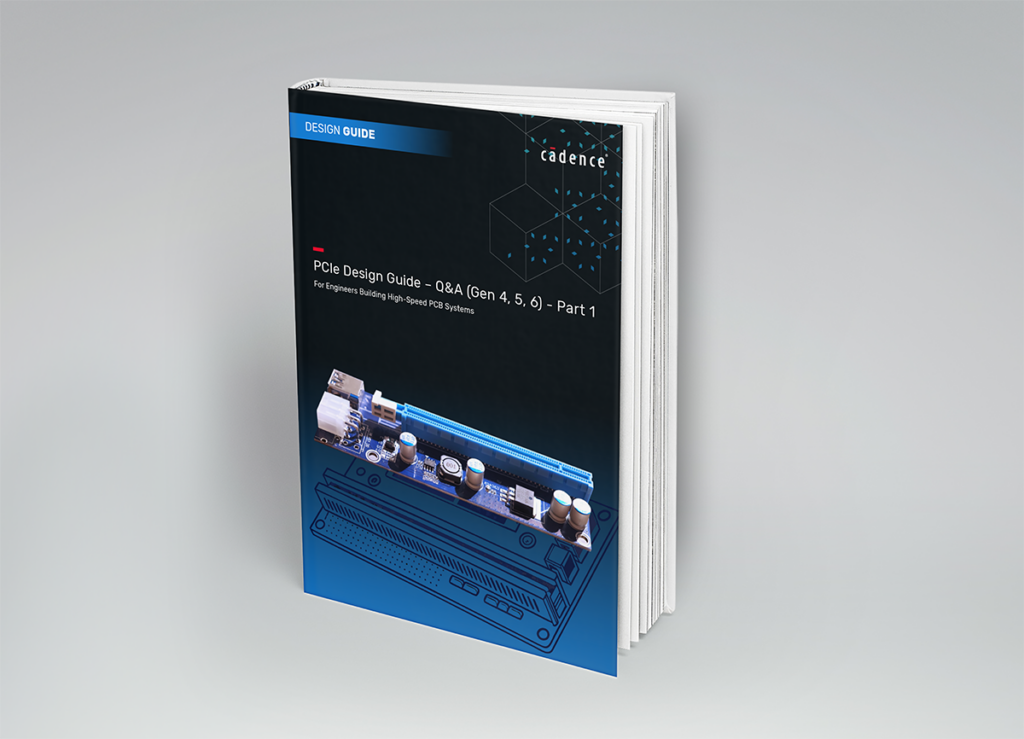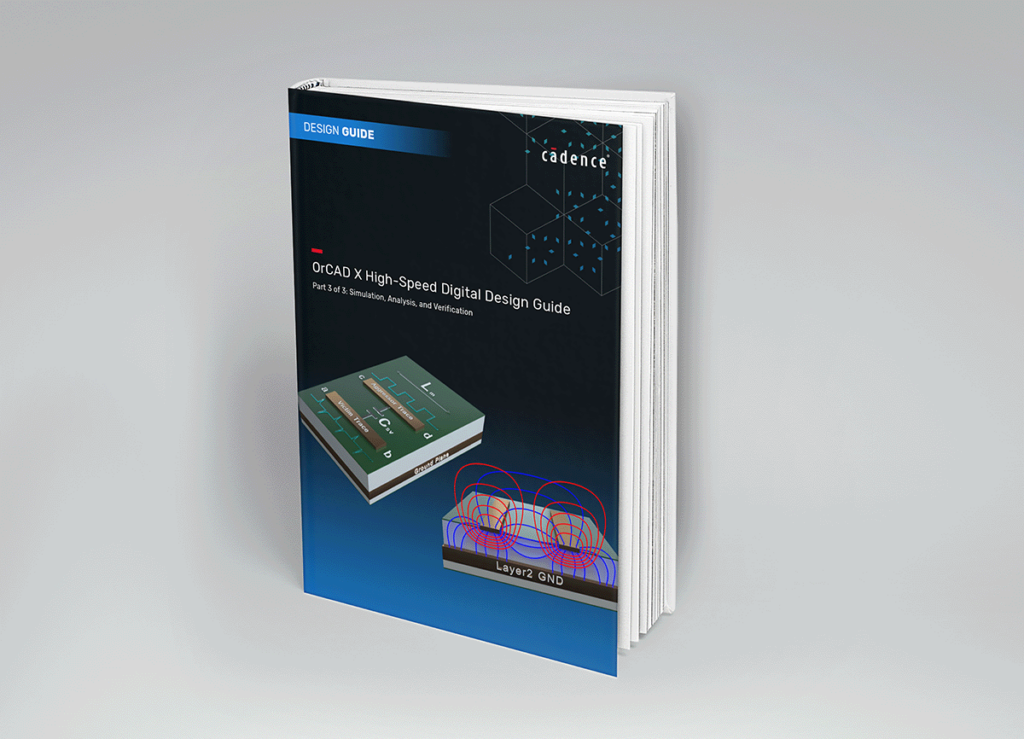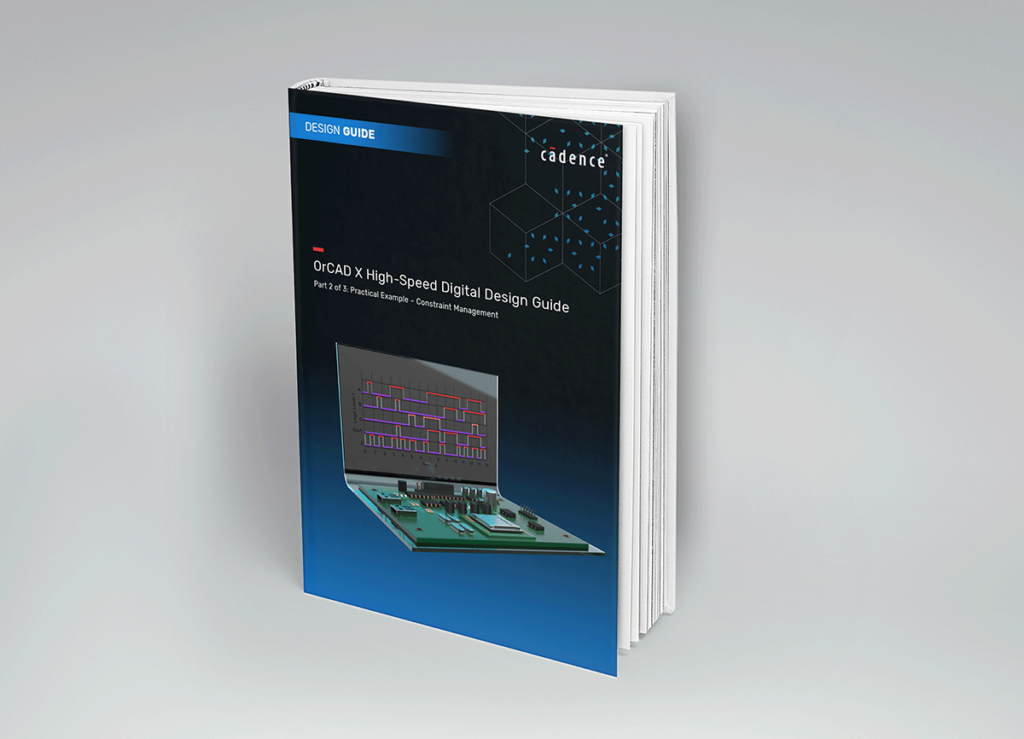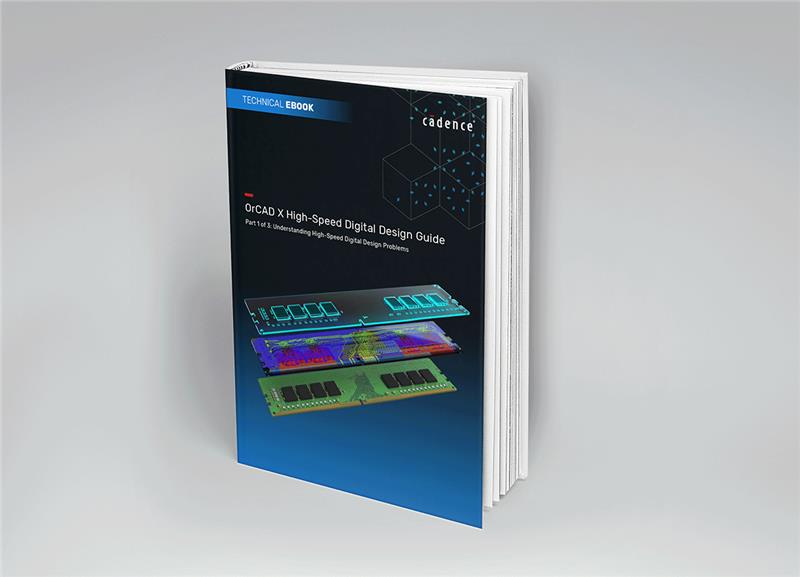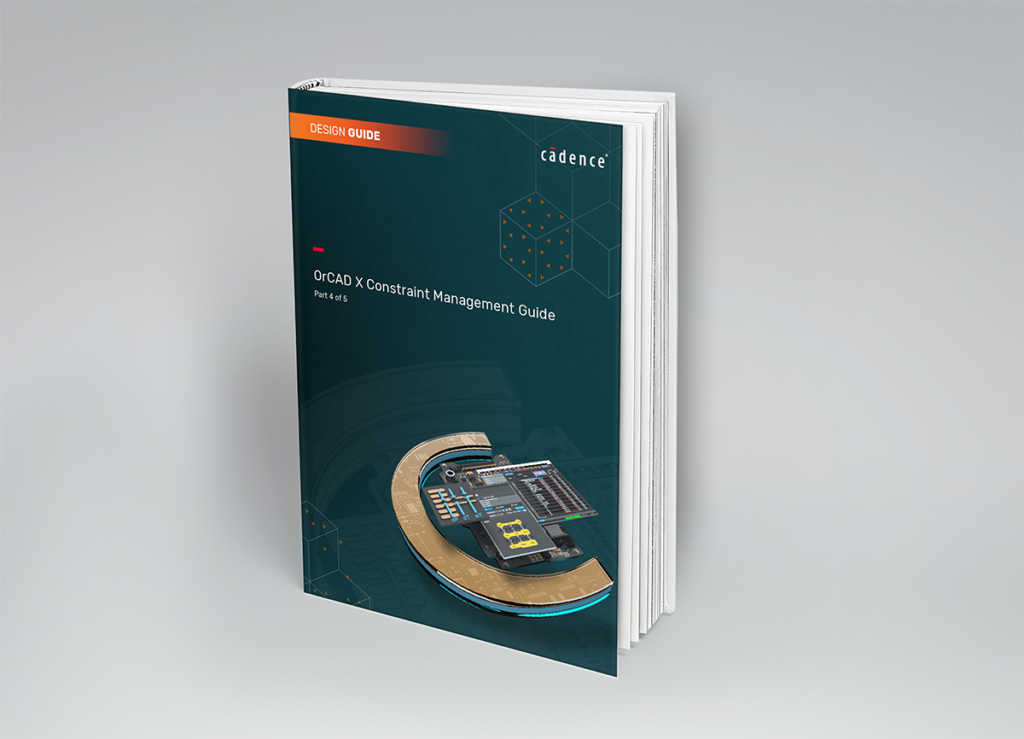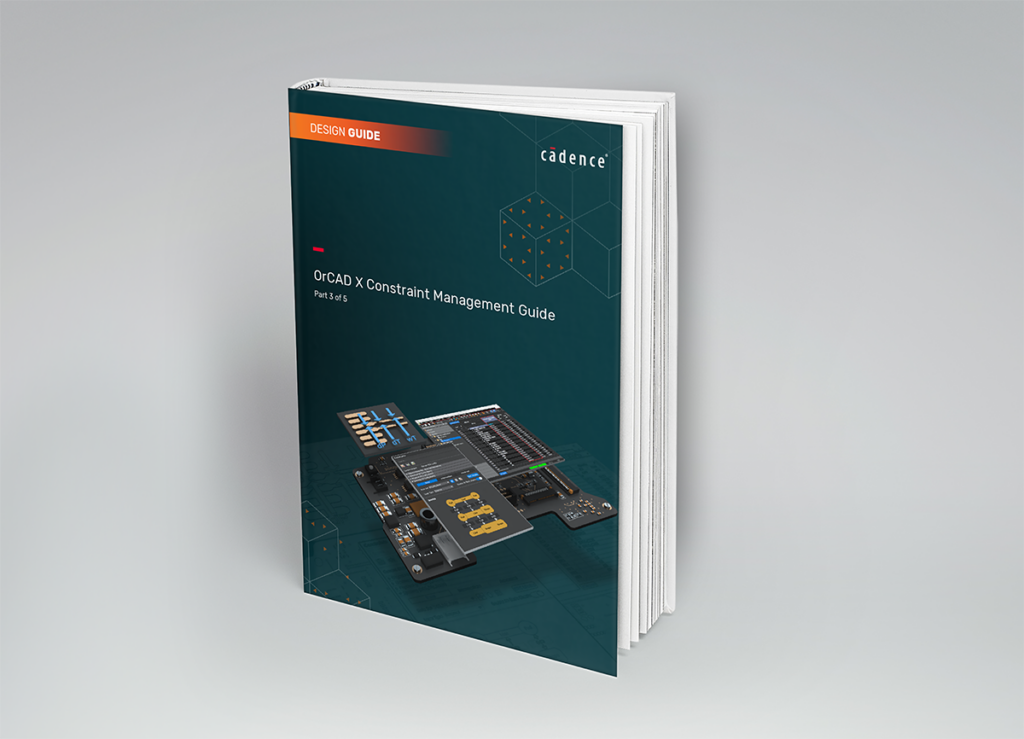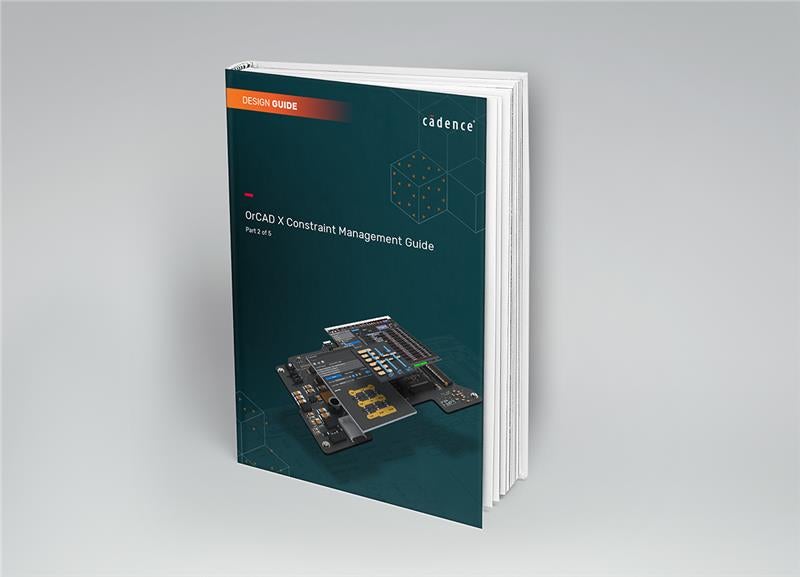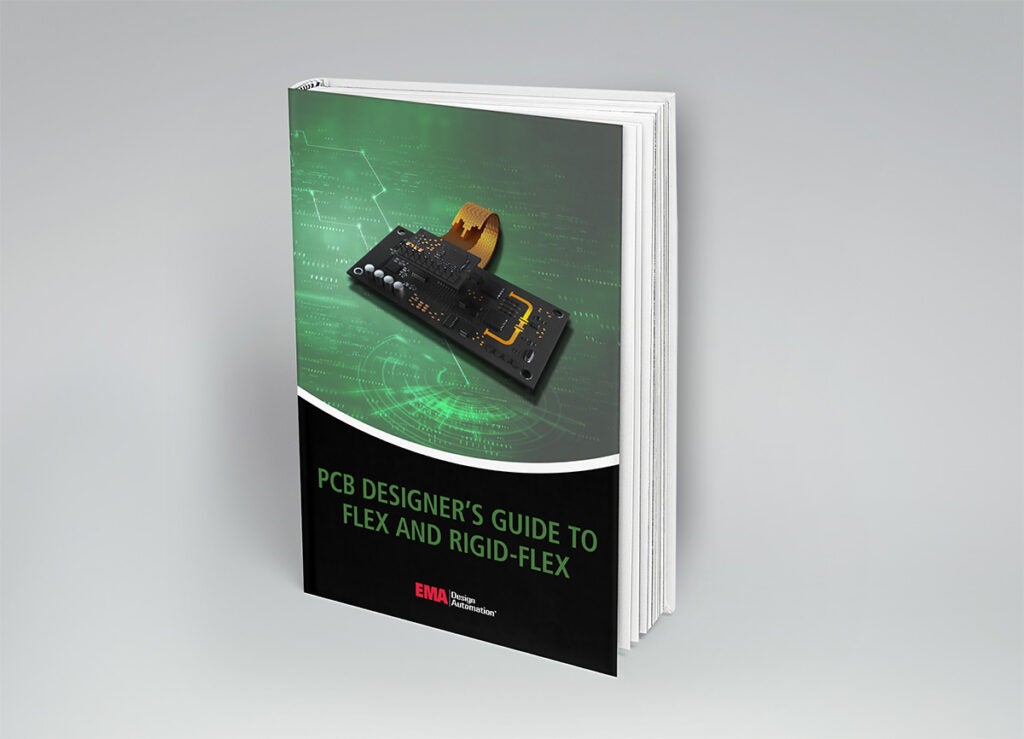One of the fastest growing electronic circuit board trends is the demand and implementation of flexible PCBs. From commercial products like cellular phones to critical industry applications; including military, aerospace, and medical devices, flex and rigid-flex board utilization is increasing. Better durability, lower space requirements and other attributes make flex boards more attractive than their rigid counterparts in many cases; however, there are unique flex PCB design challenges to consider and address to reap the rewards and achieve efficient design and development.
This eBook answers the following questions:
- What are the benefits and unique challenges of flex PCB design?
- What are the differences between single, double, multilayer, and rigid-flex stackups?
- How to best place components on flex and rigid-flex boards?
- How to check that your board will achieve flexibility objectives during the design stage?
- How a “flex aware” PCB design tool helps you expedite the flex PCB design and verification process?
